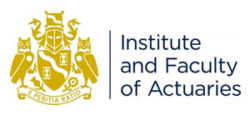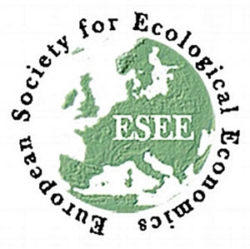Home
Welcome
Plenary Speakers
Read about our plenary speakers and watch videos of their presentations.
Summer School 3 minute videos
Watch Summer School participants describe their research in 3 minutes
Conference Photo Gallery
View photographs taken at the conference
Sponsors



![]()
![]()





